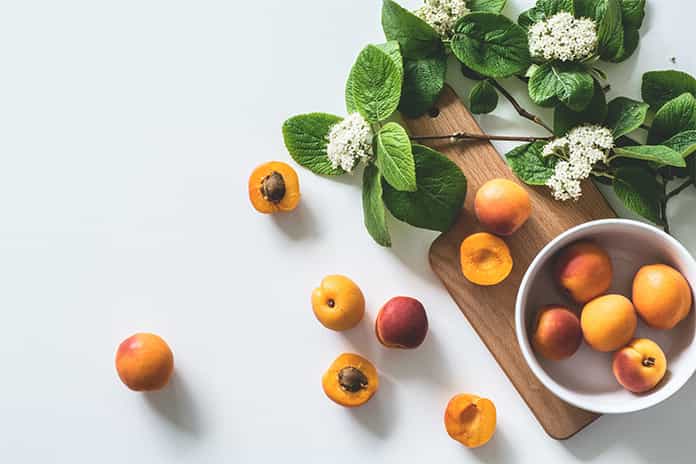More than 80% of this vitamin is obtained through the sun and around 20% through food. It is not enough just to sunbathe once in a while. Bad nutritional habits and insufficient sun exposure can cause a deficiency of vitamin D in the body, the consequences of which may be more serious than we imagine.
To maintain the optimal levels of this micronutrient, these experts highlight the importance of combining sun and food, since more than 80% of this vitamin is obtained through the sun and around 20% through food. Therefore, they have developed a series of basic and easy-to-follow recommendations for this vitamin to help maintain your iron health.
SOL + Food: Vitamin D
Vitamin D is a steroid that is synthesized in the skin thanks to sunlight and the ingestion of foods that contain it. Its role in the body is of such magnitude that it is considered a true hormone. Among its various functions, the most important is the mineralization of the bone system at all ages, in addition to maintaining serum calcium at physiologically acceptable levels to perform its metabolic functions, signal transduction and neuromuscular activity. More than 80% of this vitamin is obtained through the sun and around 20% through food.
The suffering from low plasma levels of vitamin D can produce pathologies such as colon cancer, breast cancer, diabetes, osteoporosis, cardiovascular disease or neurodegenerative disease.
Therefore, it is essential to pay special attention and give our body the amount it needs, combining light and food, especially now that we can go outside for longer and benefit from the sun’s rays. But, beware of abuse. We only need 10 minutes of exposure for three or four days a week to ensure adequate levels of this vitamin in the body.
The Ideal Shopping List
Another important source of vitamin D are foods, especially those rich in fat, such as fresh or canned bluefish, from sardines or mackerel to fish liver oil (better if it is from cod). Seafood, with oysters at the top and also prawns, prawns or clams are also great allies of this nutrient.
For its part, whole or semi-skimmed dairy products also ensure a good dose of this vitamin, as well as butter or margarine. Mushrooms and fungi can not be missing from your shopping list, nor can eggs, since the yolk has a good dose of vitamin D.
Now that we’ve gotten over confinement, with outdoor exits reduced to a minimum and our diet modified by new routines at home, we must focus on restoring vitamin D levels.
Also Read: Did You Know That Milk Helps Decrease Tiredness And Fatigue?


